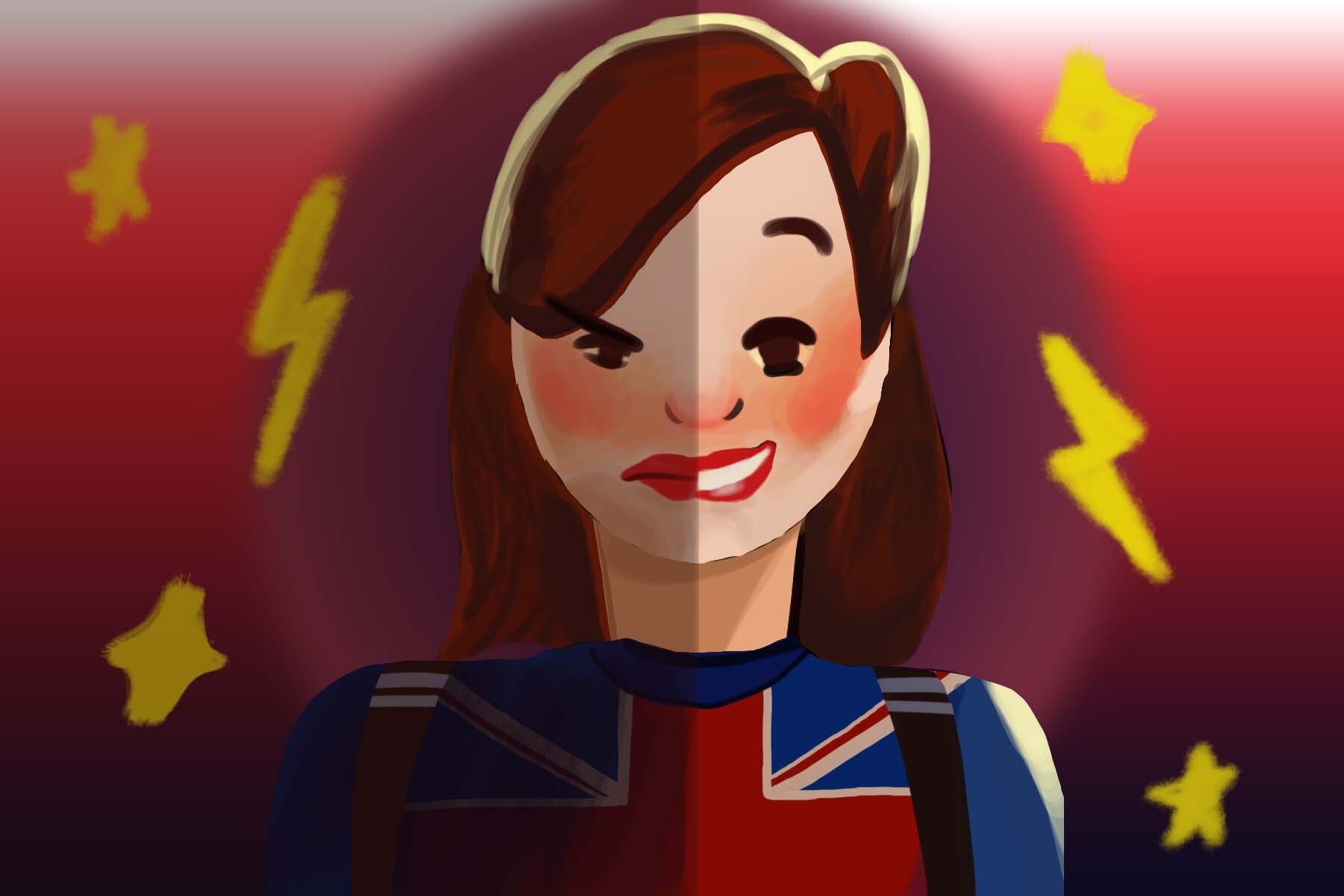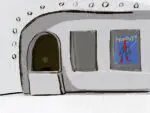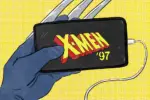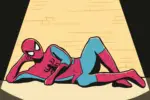Marvel’s “What If…?” is neither particularly profound nor well-written — but boy, is it fun. The latest installment in Marvel’s growing selection of original small-screen ventures, the Disney+ animated series is even more bizarre in practice than it is in premise, and its concept is plenty inventive on its own.
The show takes place within the established Marvel Cinematic Universe, but with a twist. Based off of the 1970s comic anthology of the same name, the series is entirely hypothetical, with each new vignette creating an alternate-universe scenario that replaces old characters and concepts with new ones, each asking the question, “What if?”
What if Spider-Man’s aunt May died, rather than his uncle Ben? What if the Black Panther T’challa was abducted from Earth as a child instead of the Guardian of the Galaxy’s Peter Quill?
What if everything that had already been well-established within MCU canon was turned on its head?
Rather than following a singular storyline, each episode of the series follows a new and self-contained adventure. The start and end of each episode are narrated by Jeffrey Wright as “The Watcher,” an interdimensional being and self-professed observer of the multiverse and its happenings. So far, only two episodes of “What If…?” have been released on Disney+, yet the series is already showing a preference for a certain narrative atmosphere.
The defining trait of the show’s writing is its campiness. In typical Marvel fashion, every scene challenges its viewer to suspend their disbelief — though in this instance, that can be a trickier task. Analyzing the series requires some base level of knowledge surrounding Marvel lore, and even understanding the show’s happenings at all are contingent upon one’s familiarity with the universe. From a never-ending stream of established movie characters to an expectation of acquaintanceship with the timelines and interactions of different storylines, the series asks a lot of its viewers.
To better understand the implications of this, let’s take a look at the first episode: “What If… Captain Carter Were the First Avenger?” The episode opens to a familiar scene from “Captain America: The First Avenger.” A sickly, teenaged Steve Rogers has been chosen to receive a cutting-edge super-soldier serum, and his associate, Peggy Carter, makes a history-changing choice. In the original film, Peggy chooses to leave the room while the injection takes place, but in the episode, she instead opts to stay. This leads to her intercepting a Hydra attempt to steal the formula, and when Steve is injured, she ultimately decides to have the serum administered to herself.
The impacts of this decision provide the baseline plot for the episode. After recovering the Tesseract, an alien technology that served as the primary conflict in several films, without breaking a sweat, Peggy then assumes the mantle of the gallant Captain Carter, protector of democracy and national hero. This role comes with all the challenges faced by her predecessor, but with the added pressure of being a female soldier in the 1940s.
Despite the troubles she faces, however, Captain Carter prevails in ways that Captain America never did, keeping the Tesseract from ever falling into enemy hands and preventing fellow soldier Bucky Barnes from ever becoming the antagonistic Winter Soldier, quelling a future series of conflicts down the line.
Captain Carter accomplishes her missions with ease — a little too much ease. The draw of a character-driven story is, after all, the characters and the struggles they endure. Captain Carter faces challenging tasks, but rarely does she struggle. The narrative does little to introduce new trials unique to her experience, which is unfortunate. A 20-minute animated episode will of course have less wiggle room than an hour-and-a-half-long movie, but the prospect of Captain Carter seems more wish fulfillment than a purposeful and unique self-contained story.
This trend continues into the second episode, which surrounds young prince T’Challa’s adventures as the space-faring Star Lord. In a drastic turn of narrative events and bold writing move, this new tactician turns the tide of the entire MCU by recruiting — and befriending — the alien dictator Thanos himself. Star Lord’s methods, he asserts, do not consist of force, but rather using the power of logic and reason to negotiate with adversaries. Thanos’ new allegiance to the “good guys” is definitely a creative choice, though perhaps a tad farfetched.
The happenings of “What If…?” are certainly experimental, bordering on outlandish. Those who watch the show hoping for a mind-bendingly intellectual experience may be disappointed. However, the show becomes a whole lot more fun once the rational brain is put aside. To be challenged as a viewer by a show is a rewarding experience, but there’s something very cathartic about watching Peggy Carter overturn a tank with her bare hands.
Yes, the show might be considered low-brow, but low-brow entertainment is entertainment nonetheless. Much in the vein as its source material, the writing of “What If…?” is campy and dramatic, sometimes to the point of being eye-roll worthy. The MCU, with some exceptions, takes on a largely serious tone. This is effective for raising stakes, but although these stakes are dramatic, they’re not always fun. As a tradeoff for high stakes, “What If…?” asserts its value as a fun and inconsequential way to enjoy all the spectacle of flashy explosions and cool alien tech, without much of the narrative baggage that comes with the films.
In a similar stylistic diversion, the animation in the series does take some getting used to. The distinct, pop-art-like saturated colors and over-the-top facial expressions of the characters are a clear homage to the comic books from which they are inspired. Despite being a CGI series, the movement of characters and visual effects are more reminiscent of a hand-drawn style, which, whether intentional or not, is in its own way charming.
If a viewer is ready to suspend their disbelief and enjoy a half-hour of bright and alluring graphics, this show certainly has the potential for enjoyment, though skeptics might be frustrated by its disregard of storytelling norms.

















